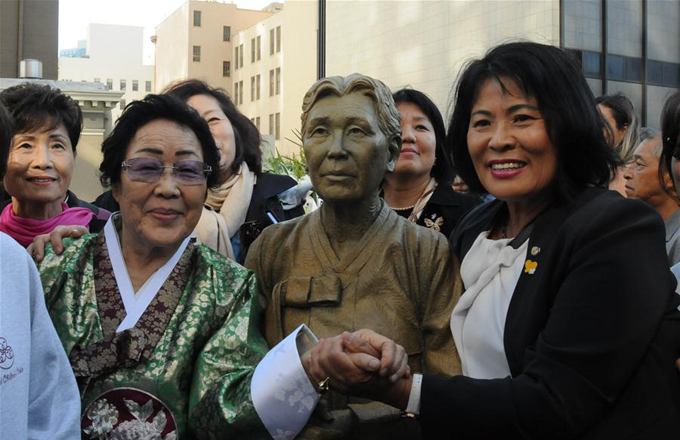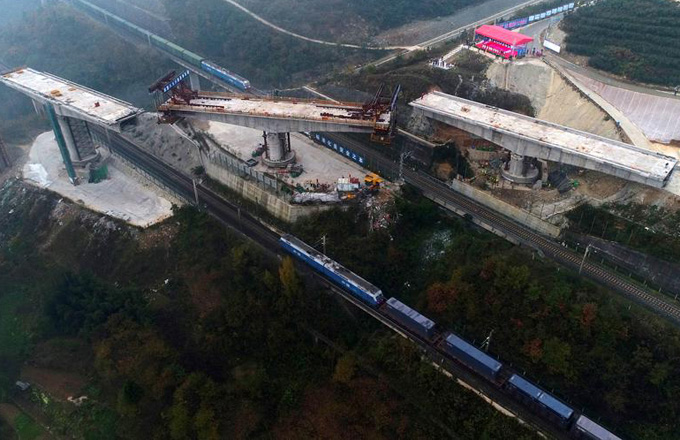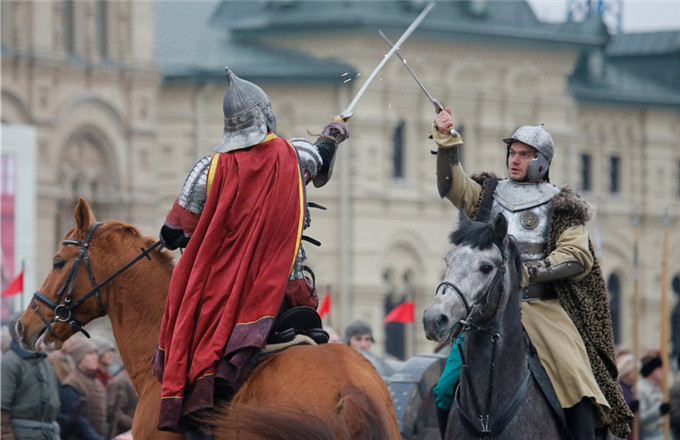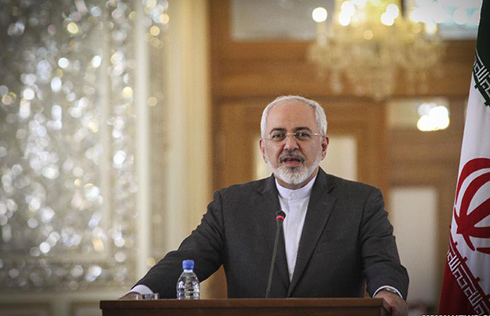

When it comes to spying on US citizens, the NSA, offers a tiny fig-leaf of legal protection called the Foreign Intelligence Surveillance Court, although it still collects their private information anyway, for future reference. But the NSA doesn't even pretend to care about the privacy rights of the other 95 percent of the world's population. It's open season on all non-US citizens all the time.
The democratic ideals of the US' founding fathers are something to be proud of, but there's nothing to be proud of in this brave new world of spying, secrecy and skullduggery.
US President Barack Obama, who is proving to be an enabler of an out-of-control security state, has done nothing in his five years as president to restrict or reign in the spying juggernaut. If anything, he has done the opposite and accelerated the erosion of privacy rights and civil liberties.
Remember how US contractors bugged China's presidential jet in 2002? It seems so redundant and low-tech compared to the panopticon snooping capabilities of the present. Still, it would be hard to blame Chinese customs inspectors should they want to carefully examine the souvenir pine bench bestowed upon the Chinese president by his American counterpart at Sunnylands just in case there are any unusual "knots" in it.
The US government's pretension to the moral high ground has been obliterated by the dynamite revelation that the US is running the biggest spy operation in the history of the world without adequate safeguards, accountability or any respect for privacy and civil rights.
What kind of human rights-minded government thinks it's okay to submit its people and others to the unblinking X-ray gaze of computer-enhanced espionage around the clock? What kind of democratic government colludes with big business to collects as much data as it can on its citizens, and the citizens of other countries, and then use and abuse that data under a cloak of secrecy?
The US and China are hurtling down the information highway at breakneck speed. New rules of the road need to be established for the protection of all. World peace and prosperity depend on it. That's why both sides need to work on a new narrative, not only one that accords equal respect to both parties, but one that accords profound respect to their respective citizens. Both countries have formidable security systems and advanced computer resources. It is the responsibility of both countries to balance freedom and security in a way that keeps the peace while protecting citizens' rights and human dignity.
The author is a visiting research fellow at Cornell University, New York.















